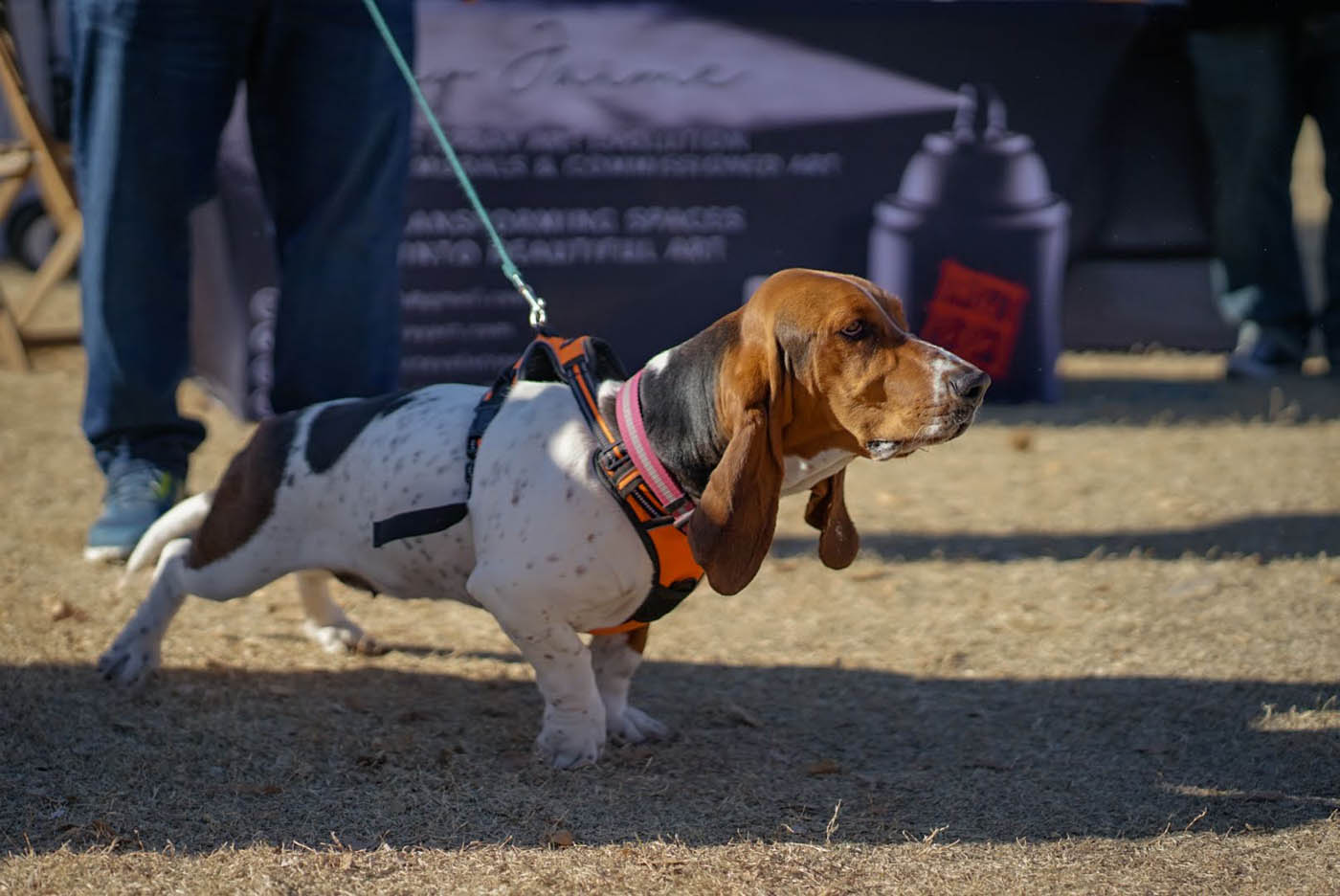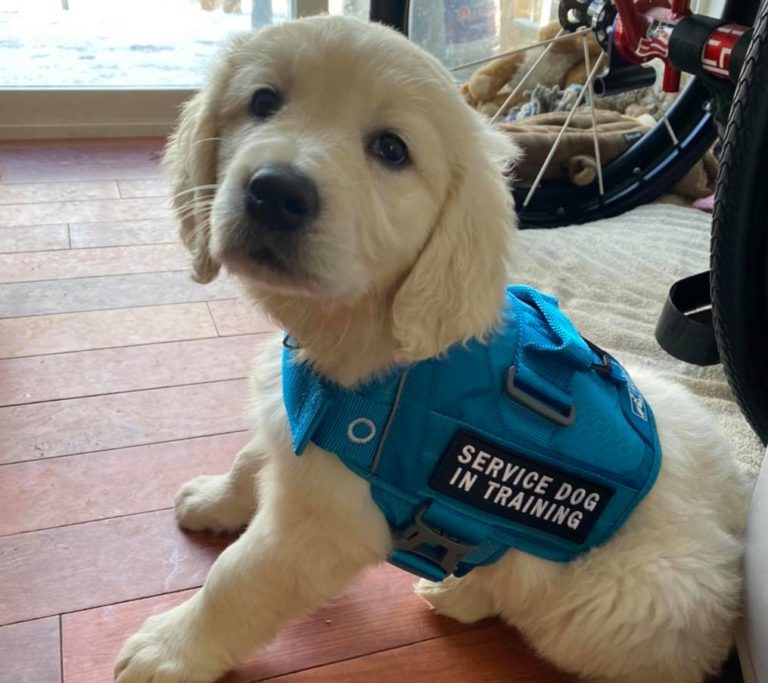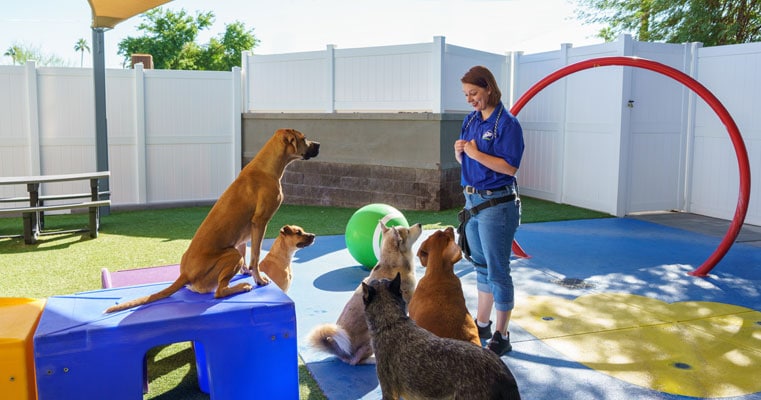Professional Insights on Dog Training Charlotte NC: Transform Your Puppy Today
Professional Insights on Dog Training Charlotte NC: Transform Your Puppy Today
Blog Article
Unlock Your Pet's Potential: Proven Dog Training Techniques for Success
Reliable canine training is a nuanced process that hinges on recognizing canine habits and employing scientifically backed strategies. By including favorable reinforcement, developing clear commands, and prioritizing socializing, pet dog owners can cultivate an effective connection with their animals.
Understanding Pet Habits
Comprehending canine actions is necessary for efficient training and fostering a favorable partnership between pets and their owners. A thorough grasp of canine body language, vocalizations, and social interactions is critical for acknowledging their feelings and requirements. Dogs interact largely with non-verbal signs; as an example, a wagging tail might suggest exhilaration, while pinned ears can signal worry or entry.

In addition, ecological aspects play a considerable function in shaping a canine's behavior. Changes in regular, brand-new environments, or the existence of unknown individuals can lead to tension or anxiety in dogs. Recognizing these triggers enables proprietors to alleviate unfavorable reactions and develop ideal training approaches.
Inevitably, a deep understanding of pet dog habits lays the foundation for effective training approaches, boosting both actions and the general bond between the pet dog and its proprietor. dog training near me. This knowledge is vital for cultivating a well-adjusted, delighted canine buddy
Positive Reinforcement Techniques
Reliable training depends heavily on favorable reinforcement techniques, which have actually been revealed to produce significant results in forming preferred habits in canines. This method entails compensating a canine for exhibiting specific behaviors, consequently boosting the possibility that these actions will certainly be repeated. Incentives can take different kinds, including treats, appreciation, toys, or playtime, depending on what inspires the specific canine.

It is necessary to slowly eliminate benefits as the pet dog finds out the behavior, transitioning to recurring support. This technique keeps the habits with time while preventing dependency on constant incentives. By concentrating on positive support, fitness instructors can grow a trusting connection with their pets, promoting a healthy and participating training environment that boosts overall obedience and efficiency.
Developing Regular Commands
A fundamental element of successful pet dog training is the establishment of regular commands. Uniformity in commands is critical for effective interaction between the instructor and the canine. When commands are uniform, pets find out to connect certain words with desired actions, which speeds up the training process and enhances understanding.
To develop constant commands, it is crucial that all relative make use of the same terms and motions. If one individual makes use of "rest" while why not try these out another says "sit down," it can develop confusion for the dog. Select clear, unique words for commands and make certain everyone included in the dog's training sticks to these options.
Strengthen commands through frequent method, guaranteeing that the pet gets ample possibilities to respond appropriately. When a pet effectively complies with a command, instant favorable reinforcement must follow.
Last but not least, be patient. Establishing regular commands takes time and effort. With commitment and clearness, you will certainly assist your canine establish a strong understanding of assumptions, eventually leading Source to a mannerly buddy.
Socializing and Exposure
Socializing a pet is important for cultivating a confident and well-adjusted friend. This procedure involves subjecting your pet dog to a range of environments, individuals, and various other animals to create their social skills and adaptability. Early socialization, ideally in between the ages of 3 to fourteen weeks, is crucial, as it lays the foundation for a pet's future actions.
Throughout socializing, objective to supply favorable experiences in different setups, such as parks, busy roads, and homes with other animals. Present your canine to various stimulations, consisting of audios, views, and scents, making certain that each experience these details is rewarding. This exposure assists mitigate anxiety and stress and anxiety, leading the way for a more durable pet.
Engaging in regulated group play sessions with various other dogs can likewise enhance social skills, educating your family pet ideal communications and boundaries. Prioritizing socializing will dramatically contribute to your canine's overall happiness and actions throughout their life.
Overcoming Common Educating Obstacles

Canines may have a hard time to concentrate in busy or unknown setups. Gradually desensitize your canine to distractions by beginning training in a quiet atmosphere and slowly presenting more stimulations as they end up being efficient.
Additionally, behavioral issues like jumping or too much barking can come to be irritating. Address these by showing alternate behaviors, such as resting smoothly when welcoming visitors. Consistency and patience are vital; strengthen preferred behaviors constantly and prevent abuse, which can bring about confusion.
Finally, identify that each dog is one-of-a-kind, and training timelines might differ. Tailor your strategy to your pet's specific demands, and look for professional support if essential. With determination and the ideal techniques, overcoming these challenges can lead to a well-trained, pleased canine companion.
Conclusion
Finally, unlocking a dog's prospective requires a thorough approach that integrates an understanding of canine behavior, the application of positive support methods, and the facility of regular commands. Early socializing and direct exposure to varied atmospheres additionally enhance a dog's versatility and self-confidence. By addressing typical training challenges with tailored strategies and perseverance, a harmonious and cooperative relationship in between pet and handler can be promoted, eventually causing a well-behaved buddy qualified of growing in various circumstances.
Reliable dog training is a nuanced process that hinges on understanding canine habits and using scientifically backed approaches.Recognizing pet dog actions is important for effective training and fostering a favorable relationship in between pet dogs and their proprietors.Efficient training depends heavily on favorable support methods, which have been shown to yield considerable results in shaping desired actions in pets. When commands are uniform, pets learn to link particular words with desired actions, which speeds up the training process and improves understanding.
In conclusion, unlocking a pet dog's prospective necessitates an extensive strategy that includes an understanding of canine habits, the application of favorable reinforcement strategies, and the facility of consistent commands.
Report this page